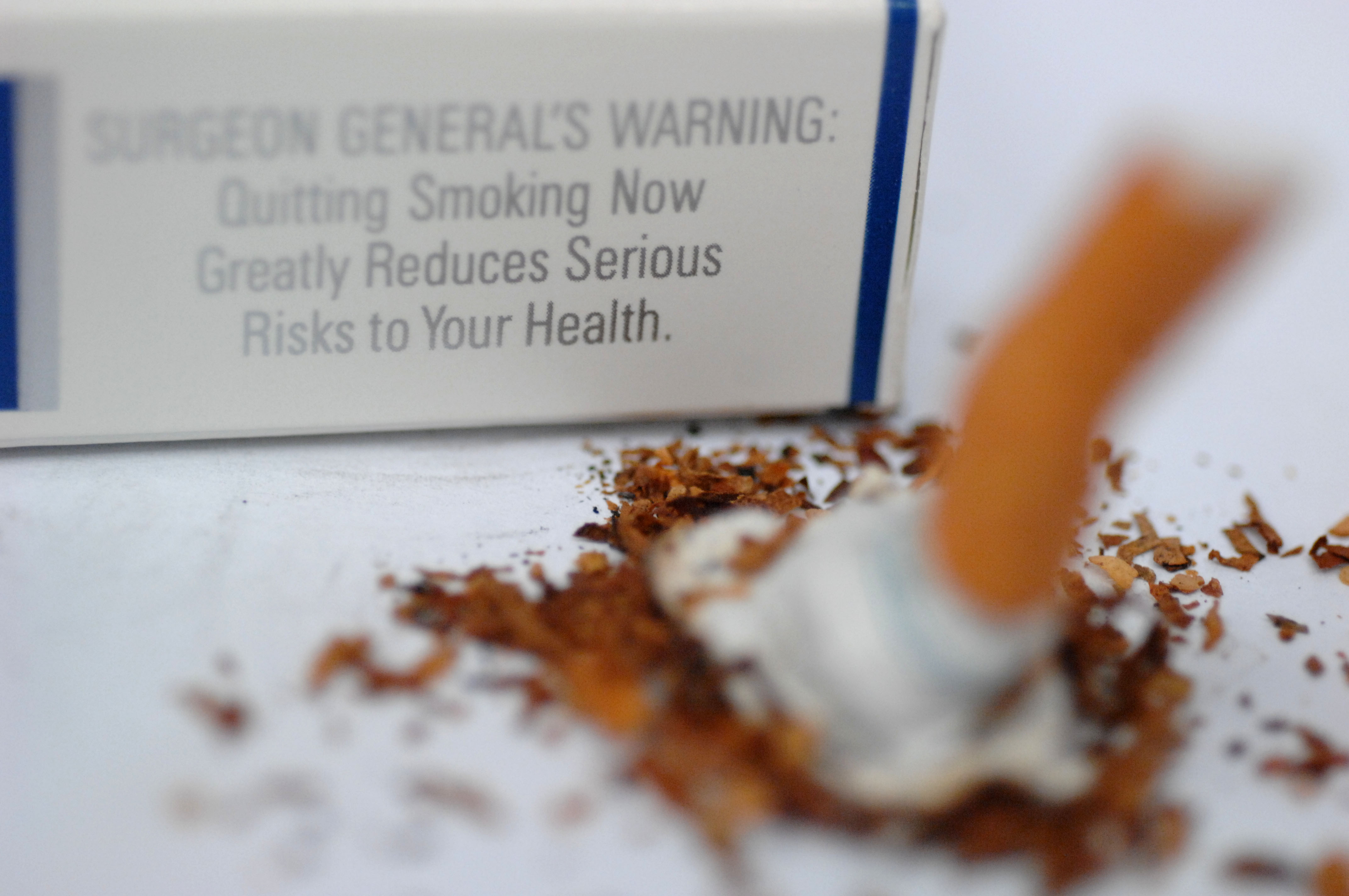
By Dr. Josh Palgi | Published Nov. 28, 2017
Every year on the third Tuesday of November, smokers across the nation take part in the American Cancer Society’s Great American Smokeout — an annual event that encourages smokers to make a plan to quit or to plan in advance and quit smoking on that day. The 42nd annual Great American Smokeout will be held on November 16, 2017.
The idea for the Great American Smokeout grew from a 1970 event in Randolph Massachusetts at which Arthur P. Mullaney asked people to give up cigarettes for a day and donate the money they would have spent on cigarettes to a high school scholarship fund.
Then in 1974, Lynn R. Smith, editor of the Monticello Times in Minnesota, spearheaded the state’s first D-Day or “Don’t Smoke Day”. The idea then caught on, and on November 18, 1976 the California Division of the American Cancer Society got nearly 1 million smokers to quit for the day. That California event marked the first smokeout, and the society took it nationwide in 1977. Since then, there have been dramatic changes in the way the public views tobacco advertising and tobacco use.
Throughout the late 1980s and 1990s, many state and local governments responded by banning smoking in workplaces and restaurants, raising taxes on cigarettes, limiting cigarette promotions, discouraging teen cigarette use, and taking further action to counter smoking. These efforts continue today.
About 36.5 million Americans still smoke cigarettes. Tobacco use remains the single largest preventable cause of disease and premature death in the world. According to the Center for Disease Control, smoking is responsible for one in three cancer-related deaths, and one in five deaths from any cause. Worldwide, tobacco use causes more than five million deaths per year. The Center for Disease Control states that life expectancy for smokers is 10 years less than that of non-smokers. Over 50 billion dollars annually is lost and healthcare costs increase due to cigarettes. Worldwide, the toll exacted by tobacco use is two to three million deaths per year. Of the world’s 1.2 billion smokers, the world health organization estimates that 500 million of them will die because of smoking. This means that 9% of people now alive will die from cigarettes.
Second hand smoke can cause chronic-respiratory conditioned, cancer and heart disease. It is estimated that around 35,000 non-smokers die from heart disease each year as a result of exposure to environmental tobacco smoke.
It is never too late to quit using tobacco. The sooner you quit, the more you can reduce your chance of getting cancer and other disease. Free help is available at 1-800-QUIT-NOW (1-800-784-8669) and 1-855-335-3569 for Spanish speakers. Call the American Cancer Society at 1-800-227-2345 to find out what resources might be available to help someone quit and stay quit.

You must be logged in to post a comment.